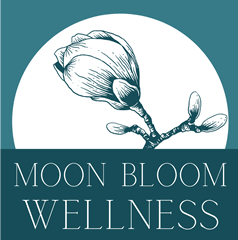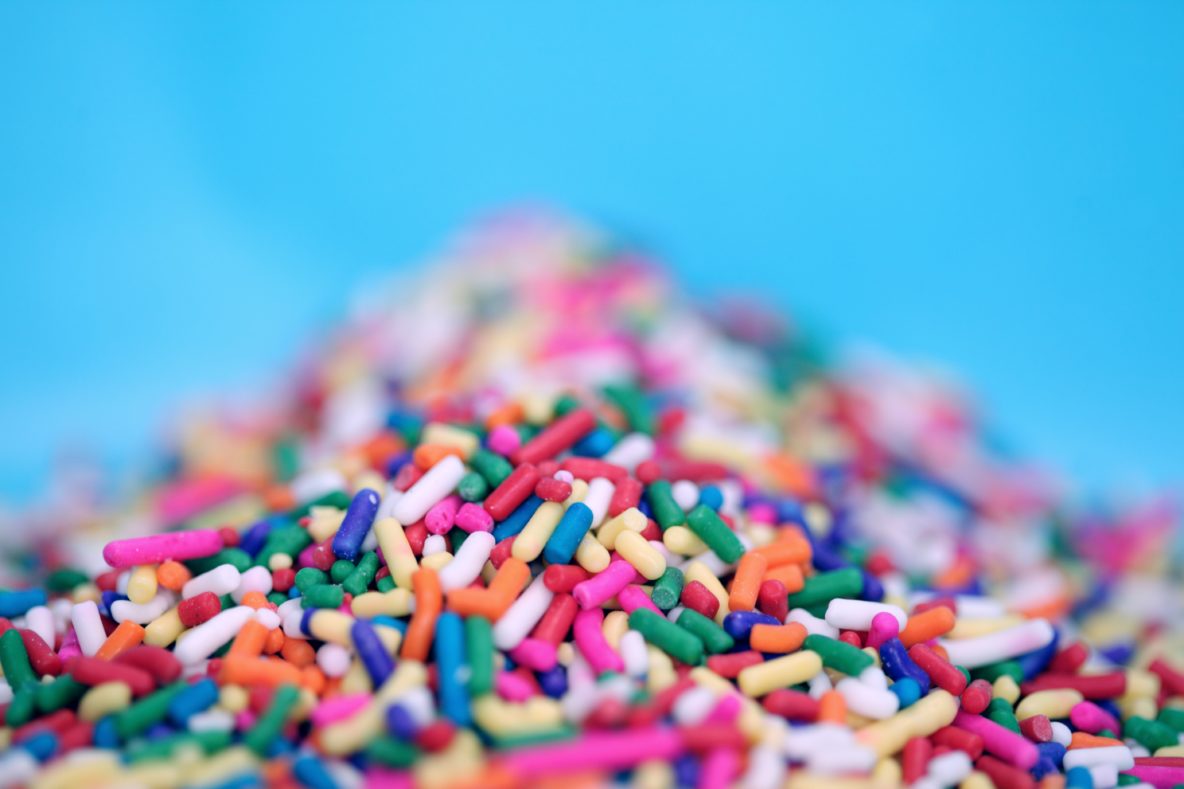Do you have a sweet tooth? In the United States, the average person consumes 22 teaspoons of added sugar a day, while the American Heart Association only recommends around 6 teaspoons of sugar for women and 9 teaspoons for men each day.1 Being mindful of your sugar intake is essential for maintaining a balanced mood, but this can be challenging when sugar pervades our processed foods and cravings can make it hard to resist sweets.
Learn how lifestyle choices can impact your mood through Online Counseling in New Jersey
Do you feel like you would benefit from evaluating the connection between your lifestyle choices and mental health? Contact me to learn more about working together through online counseling in New Jersey.
I now also offer Online Counseling in Pennsylvania, contact me to learn more.
Addicted to sugar?
If you struggle with depression, reaching for sweets can be a way to get a temporary mood boost, since sugar releases dopamine in the brain. Dopamine causes feelings of pleasure, and our brains have evolved to release dopamine when we are engaging in behaviors that are beneficial to survival. In the past when sugar was a scarcer and more valuable source of energy, it was helpful to make the connection between pleasure and sugar. Now, when sugar is overly abundant and seemingly hidden in our food, this association often leads to an overconsumption of sweet beverages, foods and added sugars, which is associated with a higher risk of depression. 2
You may find yourself experiencing depression and reaching for something sweet for the quick mood boost and may even feel like you need sugar. A review published in Neuroscience and Behavioral Reviews states that, “intermittent access to sugar can lead to behavior and neurochemical changes that resemble the effects of a substance of abuse.”3 In some individuals, sugar consumed in a “binge-like” manner may meet criteria to be considered a substance of abuse. 3
Sugar and mood
A diet high in refined carbohydrates (sugars and starches that are not naturally occurring) such as white flower, processed potato products, white rice, pasta, baked goods, etc., can increase your body’s need for B vitamins.4 Low levels of B vitamins may contribute to depression. 5 Too much sugar can also cause chronic inflammation 6 and evidence is accumulating to show that depression and inflammation are closely connected and may fuel each other.7
One simple way to cut back on sugar is to cut back on sugar sweetened beverages such as juices or soda since one cup can easily contain or exceed the daily recommended amount of sugar. You can also get a clearer picture of how your food is impacting your mood by keeping a food journal.
Sarah Tronco, LCSW, provides online counseling in New Jersey and works to develop a strong therapeutic relationship with her clients, which helps to create a secure place where individuals can achieve meaningful change.
Sarah Tronco, LCSW, now also provides online counseling in Pennsylvania, contact her to learn more.
References:
1. https://www.medicalnewstoday.com/articles/sugar-and-depression#tips
2. https://www.sciencedirect.com/science/article/abs/pii/S0165032718315040
3. https://www.ncbi.nlm.nih.gov/pmc/articles/PMC2235907/
4. https://www.shape.com/healthy-eating/diet-tips/ask-diet-doctor-sugar-and-b-vitamins
5. https://www.mayoclinic.org/diseases-conditions/depression/expert-answers/vitamin-b12-and-depression/faq-20058077#:~:text=Vitamin%20B%2D12%20and%20other,may%20be%20linked%20to%20depression.
6. https://www.healthline.com/nutrition/sugar-and-inflammation#:~:text=The%20evidence%20suggests%20that%20eating,diabetes%2C%20liver%20disease%20and%20cancer.
7. http://www.jneuropsychiatry.org/peer-review/depression-and-inflammation-disentangling-a-clear-yet-complex-and-multifaceted-link.html
Photo by Sharon McCutcheon on Unsplash

